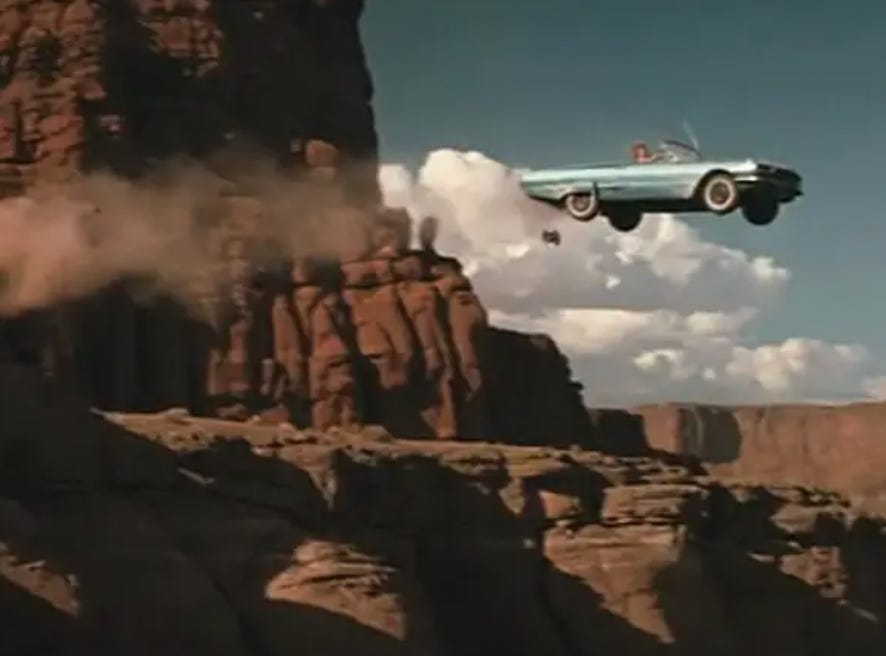Why We're On the Verge
And why writing matters in times like these
You may have noticed that the name of this newsletter has changed. I started this thing on a whim after I was unceremoniously laid off from my media job and was trying to figure out if I could do what I’d actually wanted to do all along — teaching, working 1:1 with editing and coaching clients, and running retreats.
My latest novel ANIMAL INSTINCT is about a woman rediscovering her desire in midlife — it’s been called a best book of the year by NPR, Oprah Daily, and more. You can order it here. And hey, if you do get a copy, DM me your receipt and I’ll comp you a paid subscription to this very newsletter, Writing on the Verge (this gives you access to alllll the archives, which otherwise get paywalled after a month) ✨✨✨✨✨
Three years in (!) I’m finally thinking about how to be more cohesive with my offerings, and what seems to work best for my writers. My most popular and beloved writing class is called Writing for Women on the Verge, and like an encouraging/permissive Brooklyn mother, I’m letting her grow and expand as she wants to, from generative class to intermediate workshop to (coming soon!) a self-paced course and (coming a little less soon but still soon!) retreats. This newsletter is really part of the same project, so I’m renaming it “Writing on the Verge” for tidiness’ sake, but its theme hasn’t changed — it’s still about getting your writing unstuck. And “Writing on the Verge of Getting Unstuck” seemed a little long.
This language — this “on the verge”ness — has clearly resonated with people. But what does it actually mean to be “on the verge”? This is something I can’t say I’ve ever fully defined in offering these offerings. And yet the people who flock to them always know intuitively exactly what I mean.
Keep reading with a 7-day free trial
Subscribe to Writing on the Verge to keep reading this post and get 7 days of free access to the full post archives.


